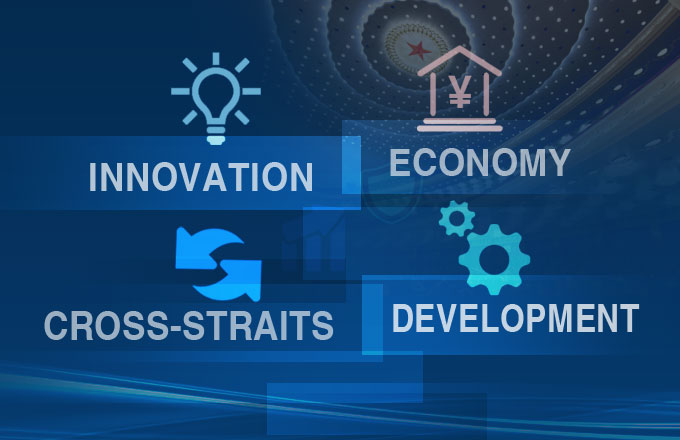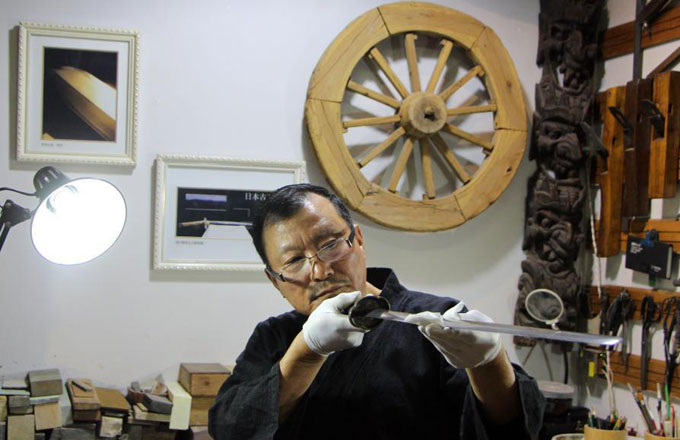Media calls for more supervision on international schools
(ECNS) -- International schools in China are posing new challenges for parents who spend huge sums but often find themselves unprepared for a range of issues, Legal Daily reported.
In top-tier cities like Beijing and Shanghai, many parents send their children to international schools to allow them early preparation for studying abroad. Admission has become more competitive amid China's rising number of high income earners and some schools now assess parental participation in community activities before admitting a child.
Yingzi, a Beijing girl, quit public school mainly because she couldn't bear the heavy workload, which usually needed three hours to finish every night, as well as the school's lack of tolerance for individuality.
But recent report by the think tank Center for China and Globalization and Beijing Royal School said international schools in the country lack standards on tuition, vary greatly in educational quality, while school ownership is sometimes unclear.
International schools in the country come in different forms and many follow the International Baccalaureate (IB) curriculum or that of the country they represent.
As a new approach, some public high schools have also opened international classes to offer a quick transition abroad. They have become popular among parents, though native English speakers are in the minority as Chinese students comprise 90 percent of classes.
A mother surnamed Lu said her family business has expanded across borders so she considered an international education for her child before moving to another country. Her dream primary school requires both parents and the child to have foreign passports, a new criterion to select students. She had to choose another school in Beijing's Chaoyang District asking tuition of 180,000 yuan ($26,000) per school year.
Many international schools are just educational training institutions operated by some private organizations, Lu said.
In Shanghai, Zheng Yonghua said children in international schools are either from rich or powerful families so her daughter could develop a high-level network from the time she is young.
Zheng also said it's much easier for Chinese students to get admitted by a foreign university of similar quality to top domestic schools like Fudan University and Shanghai Jiaotong University, though the cost is 20 times higher.
The report said half of families whose children study in international schools have an annual household income of at least 500,000 yuan. But money does not guarantee a child's academic success in the new environment.
Bao Xiaojuan, a former teacher at an international school in Beijing, said many Chinese students failed in English studies and some find it hard to adapt to an environment where there's less control in comparison with public schools.
Beijing student Yinagzi took two years to catch up in English proficiency and transfer from a bilingual class to an English-only class.
One mother said her son had to take costly tutoring services to keep up with studies because some schools are dedicated to maintaining a high graduation rate and persuade slow learners to quit or take exams the following year.
Chen Zhiwen, editor-in-chief of education information portal eol.cn, said China needs to introduce a supervision system for international schools.
























